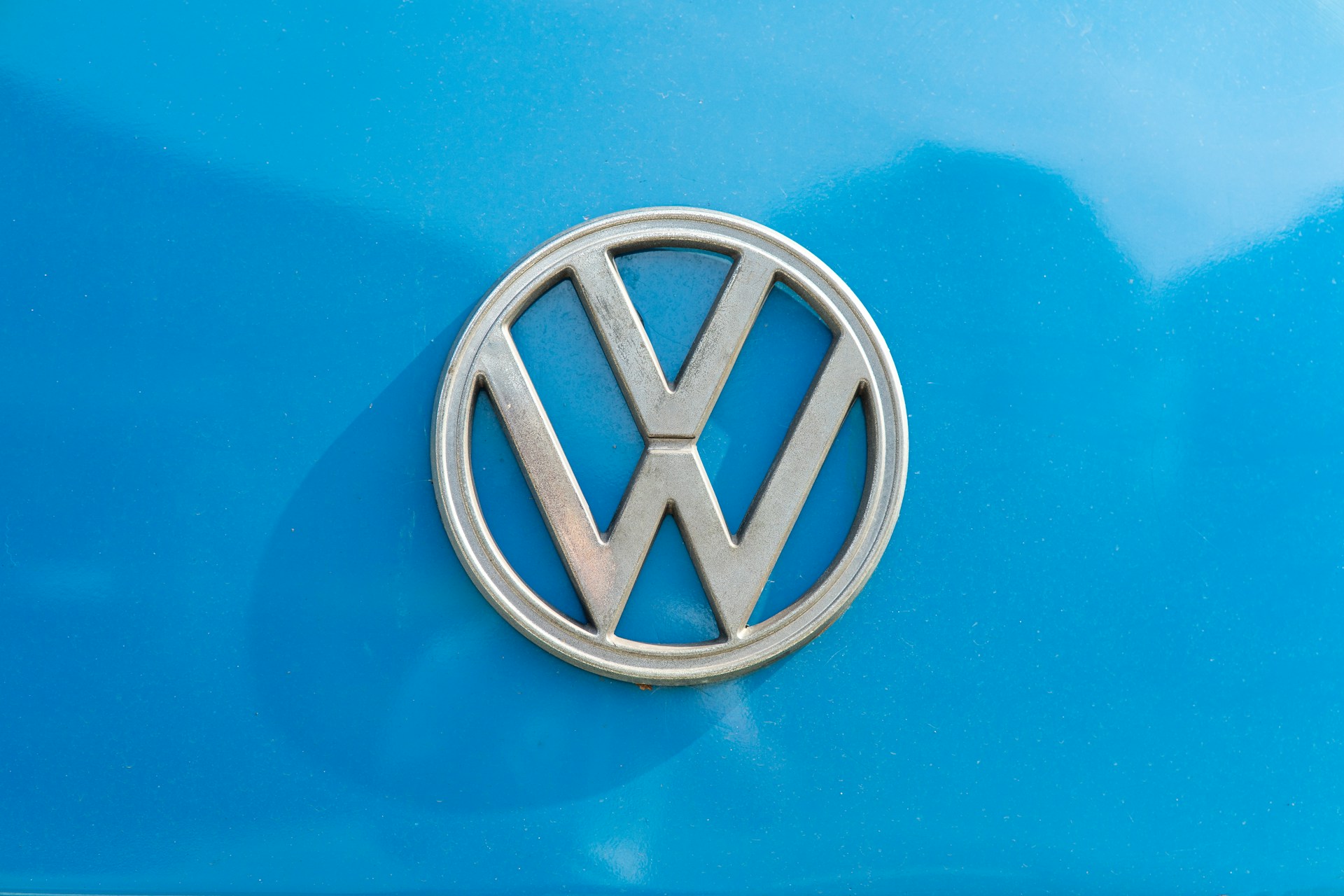In a strategic move to undercut rivals and boost market share, Volkswagen announced a new cost-effective EV platform in China, developed in partnership with XPeng, to launch in 2026.
Volkswagen Partners with XPeng to Enhance EV Capabilities and Cost Efficiency in China's Competitive Market
To increase sales in the world's largest EV market and one of Volkswagen's most crucial regions, the company is collaborating with China's XPeng on a new digital EV platform. VW claims the EV platform will save costs as it seeks to reclaim market dominance in China.
After BYD ended its 15-year reign as China's best-selling car brand last year, Volkswagen is attempting to reclaim its significance.
The business announced that beginning in 2026, the jointly developed E/E Architecture with XPeng will be used in VW-branded EVs.
“The collaboration will allow our Smart EV products to be both technologically competitive and cost competitive,” Mr. Xiaopeng He, CEO of XPeng, said.
XPeng's E/E Architecture powers its full-stack software and hardware technology. The platform supports Advanced Driver Assistance System (ADAS) capabilities and provides continual over-the-air (OTA) updates.
The new agreement requires the partners to develop and integrate XPeng's newest E/E Architecture into VW's China Main Platform (CMP).
“With our ‘In China, for China’ strategy, we are strengthening the innovative power of the Volkswagen Group in China,” Ralf Brandstätter, VW’s China boss, explained.
Brandstätter stated that the two companies will combine their skills, emphasizing that "this increases efficiency, optimizes cost structures, and accelerates the speed of development." VW's China chief noted that lower costs and rapid development are "crucial for our competitiveness in China's dynamic market environment."
Volkswagen Ramps Up EV Strategy to Counter Chinese Competitors and Regain Market Dominance
VW believes it can regain market share in China by launching an advanced, low-cost EV platform. Last July, the corporation invested $700 million in XPeng, acquiring a nearly 5% share.
As Chinese automakers like BYD develop low-cost EVs like the new Seagull, which starts at $9,700 (69,800 yuan), legacy automakers are rushing to keep up.
Even Ford CEO Jim Farley praised BYD's Seagull, calling it "pretty damn good." BYD expects joint venture brands' market share to decrease from 40% to 10% over the next three to five years as lower-cost, more advanced EVs emerge.
Volkswagen's CFO, Arno Antilitz, cautioned that the business could lose market share in China until the new EVs arrive.
Meanwhile, VW Group's EV sales in China increased by 91% in the first quarter as the automaker seeks to reclaim market dominance. However, by 2026, the "advanced features" may not appear as unique as they do today, as many Chinese automakers already provide them.



 SoftBank and Intel Partner to Develop Next-Generation Memory Chips for AI Data Centers
SoftBank and Intel Partner to Develop Next-Generation Memory Chips for AI Data Centers  Rio Tinto Shares Hit Record High After Ending Glencore Merger Talks
Rio Tinto Shares Hit Record High After Ending Glencore Merger Talks  Once Upon a Farm Raises Nearly $198 Million in IPO, Valued at Over $724 Million
Once Upon a Farm Raises Nearly $198 Million in IPO, Valued at Over $724 Million  Sony Q3 Profit Jumps on Gaming and Image Sensors, Full-Year Outlook Raised
Sony Q3 Profit Jumps on Gaming and Image Sensors, Full-Year Outlook Raised  OpenAI Expands Enterprise AI Strategy With Major Hiring Push Ahead of New Business Offering
OpenAI Expands Enterprise AI Strategy With Major Hiring Push Ahead of New Business Offering  Weight-Loss Drug Ads Take Over the Super Bowl as Pharma Embraces Direct-to-Consumer Marketing
Weight-Loss Drug Ads Take Over the Super Bowl as Pharma Embraces Direct-to-Consumer Marketing  Toyota’s Surprise CEO Change Signals Strategic Shift Amid Global Auto Turmoil
Toyota’s Surprise CEO Change Signals Strategic Shift Amid Global Auto Turmoil  Uber Ordered to Pay $8.5 Million in Bellwether Sexual Assault Lawsuit
Uber Ordered to Pay $8.5 Million in Bellwether Sexual Assault Lawsuit  SoftBank Shares Slide After Arm Earnings Miss Fuels Tech Stock Sell-Off
SoftBank Shares Slide After Arm Earnings Miss Fuels Tech Stock Sell-Off  DBS Expects Slight Dip in 2026 Net Profit After Q4 Earnings Miss on Lower Interest Margins
DBS Expects Slight Dip in 2026 Net Profit After Q4 Earnings Miss on Lower Interest Margins  SpaceX Pushes for Early Stock Index Inclusion Ahead of Potential Record-Breaking IPO
SpaceX Pushes for Early Stock Index Inclusion Ahead of Potential Record-Breaking IPO  Nvidia, ByteDance, and the U.S.-China AI Chip Standoff Over H200 Exports
Nvidia, ByteDance, and the U.S.-China AI Chip Standoff Over H200 Exports  Taiwan Says Moving 40% of Semiconductor Production to the U.S. Is Impossible
Taiwan Says Moving 40% of Semiconductor Production to the U.S. Is Impossible  Samsung Electronics Shares Jump on HBM4 Mass Production Report
Samsung Electronics Shares Jump on HBM4 Mass Production Report  Innovent Biologics Shares Rally on New Eli Lilly Oncology and Immunology Deal
Innovent Biologics Shares Rally on New Eli Lilly Oncology and Immunology Deal  TrumpRx Website Launches to Offer Discounted Prescription Drugs for Cash-Paying Americans
TrumpRx Website Launches to Offer Discounted Prescription Drugs for Cash-Paying Americans 































